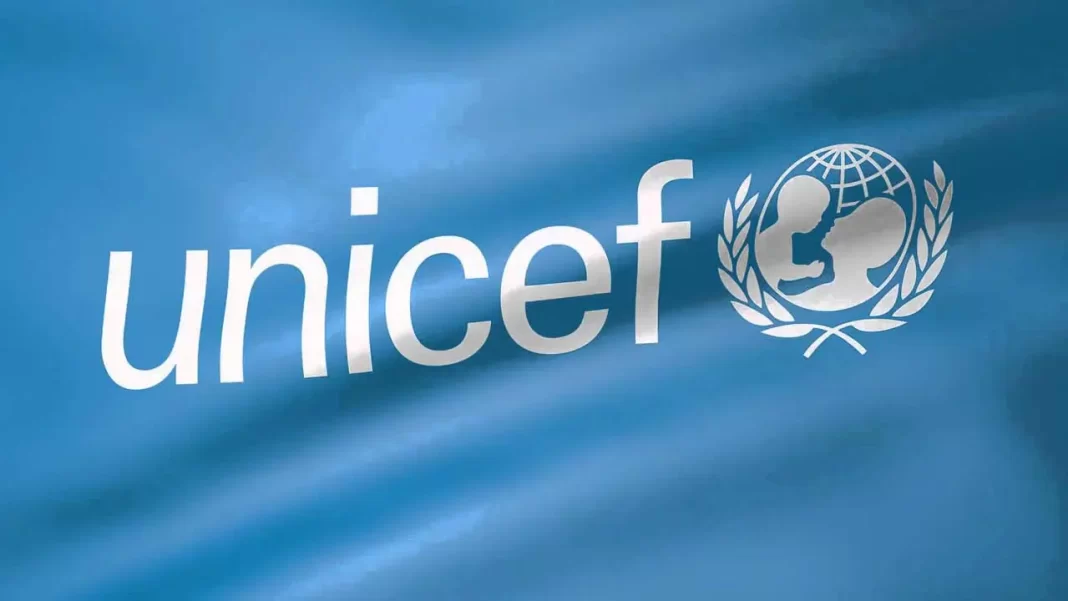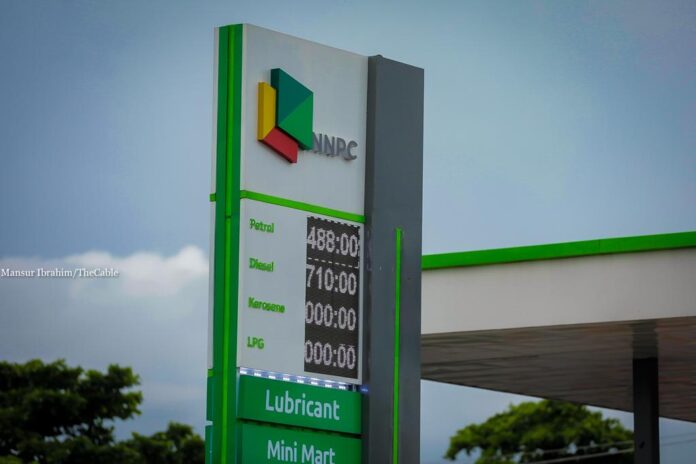The United Nations Children’s Fund (UNICEF) Nigeria has raised an alarm over a diphtheria outbreak that has claimed not less than 122 lives across the country.
As of July 2023, the outbreak has left a toll of 3,850 suspected cases, with 1,387 cases confirmed as diphtheria, a press release titled ‘Diphtheria Outbreak in Nigeria: UNICEF Intensifies Response” made available to journalists revealed.
According to UNICEF, “the outbreak has affected mainly Kano, Yobe, Katsina, Lagos, FCT, Sokoto, and Zamfara, which account for 98.0% of the suspected cases. Most confirmed cases, approximately 71.5%, have occurred among children aged 2 – 14 years.”

Expressing concern, Ms. Cristian Munduate, UNICEF Representative in Nigeria, revealed that only 22% of the confirmed cases had received routine childhood immunization vaccinations.
“Most of these affected children, especially those who unfortunately passed away, had not received a single dose of the vaccine. The need to reach the unreached has never been more critical,” she said.
ALSO READ
In response, UNICEF has mobilized resources and partnered closely with the Nigeria Centre for Disease Control (NCDC), the affected states, and the National Primary Health Care Development Agency (NPHCDA) to mount an effective response. The agency is actively involved in planning, implementing, and funding risk communication and community engagement activities.
Additionally, UNICEF is facilitating the transportation of vaccines and essential equipment to the affected states, strengthening routine immunization efforts, and training healthcare workers and volunteers to ensure effective service delivery, risk communication, and community engagement.
The gravity of the outbreak has prompted UNICEF to supply much-needed face masks, hand sanitizers, and antibiotics to treat diphtheria cases. Furthermore, the agency is providing critical laboratory consumables and biosafety cabinets to facilitate the testing of suspected cases at the NCDC.
Ms. Munduate has highlighted the urgency of reaching children who missed their vaccinations during the COVID-19 lockdown. UNICEF is dedicated to addressing the concerns of “zero-dose” children, who are yet to receive any vaccinations.
“Many children did not receive their vaccines during the COVID-19 lockdown,” she said. “We now urgently need to catch up. These ‘zero-dose’ children, those who haven’t received a single dose of vaccine, are a primary concern.”
With these statistics, UNICEF Nigeria is urgently calling on parents and guardians to ensure their children receive routine immunizations to protect them from preventable diseases like diphtheria. The agency remains committed to intensifying efforts to combat the ongoing outbreak and working closely with the government to secure a healthier and safer future for every Nigerian child.







